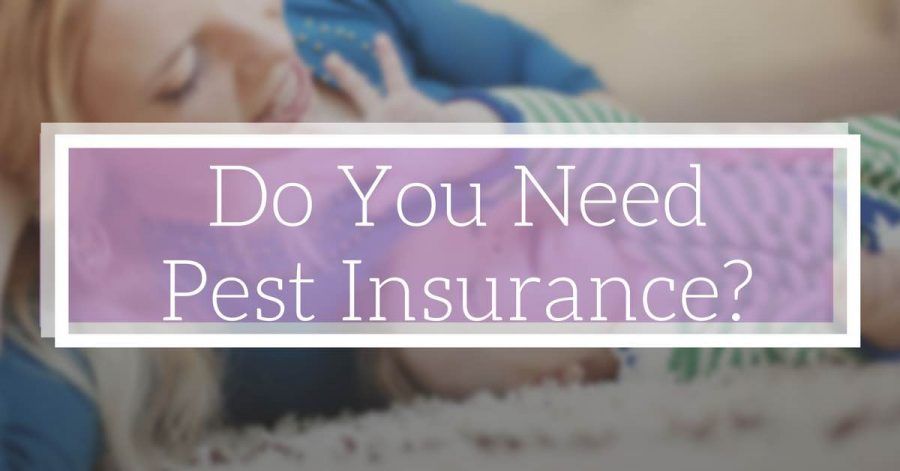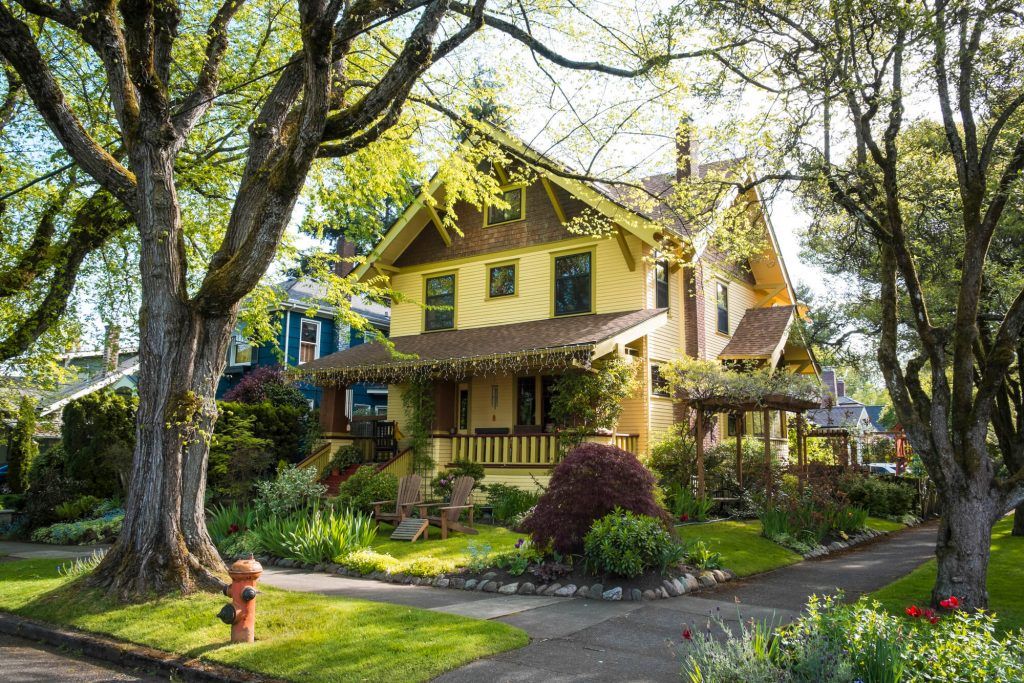9 Questions to ask a Pest Control Company or Exterminator
Updated: March 2, 2023
Many homeowners don’t start thinking about pest control until they see signs of insects or rodents. This can be a stressful time, as pests can carry disease and damage your home and property. But if you’re searching for a pest control company in the Portland or Vancouver area, the last thing you should do is rush to hire the first company you find.
Instead, take the time to talk with a few different pest control services. Ask the right questions and get the information you need before making a decision to hire an exterminator. In the long run, choosing a pest control company who will do the job right and stand behind their work is worth the effort. Learn more with article from EcoCare Pest Control.
In today’s post, we’ll talk about the questions you must ask any exterminator or pest control company you’re thinking about hiring. Let’s get started!
How long have you been in business?
We’ve been serving the Portland and Vancouver metro areas for over 15 years. During that time, we’ve seen countless other pest control companies come and go. When you work with an established, local pest control company, you’ll benefit from:
- Their exterminators’ local pest control knowledge and experience
- Trust in the fact that they’ll be around in the future and that they’ll stand behind their work
Do you have any testimonials or online reviews I can check out?
If a pest control company can’t provide proof that they’re trustworthy and reputable, that is a major red flag. At EcoCare we can show you:
- Our A+ rating from the Better Business Bureau
- Superior Service Awards from Angie’s List that we’ve won for 10 straight years (ever since they began serving the Portland area)
- Over 800 reviews on Angie’s List, as well as 5-star reviews on Yelp
Are your exterminators licensed, bonded, and insured?
If an exterminator or pest control company can’t answer this question with an emphatic YES! then you should run in the other direction!
We’re a licensed, bonded, and insured pest control company in both Oregon and Washington. When we visit your home for your free inspection, our technicians and exterminators are happy to provide copies of these certifications that you can keep for your records. Just ask!
How do you decide what treatments are needed?
Here’s where things start to get tricky. As a homeowner, you’re not a pest control expert or an exterminator. So how can you tell who is and who isn’t? Our recommendation is to ask questions like:
- What kind of pests are in my home? Are they common in this area?
- What stage of life are the insects in– egg, larva, pupae, adult?
- How serious is the infestation?
- How long have the pests been in my home?
- How long will it take to eliminate the infestation?
- Will the pests ever come back?
- How frequently should an exterminator come to my house?
Take note of the answers you receive and do your research online. Trust your gut and your instincts. Anything that sounds too good to be true probably is. If you interview multiple pest control companies, are their answers generally the same? Do you feel like you can trust the person you’re speaking to?
Do you offer a written quote– and will you stand behind it?
Estimates are often just that– estimates. They change over time and unscrupulous companies may use low estimates to get new business. Then they find ways to tack on hidden charges. Fortunately, these kinds of pest control companies tend to have terrible online reviews (you did remember to check those, right?)
At EcoCare, we don’t offer estimates. When you contact us, we’ll inspect your home for free and then provide a firm price that we’ll stand behind.
How much training do your exterminators receive?
Every pest control technician is required by the state of Oregon to pass three exams to receive licensing for Laws & Safety, Structural Pests, and General Pests. Additionally, all licensed exterminators and technicians are required by the state to take 40 hours of continuing education over 5 years.
At EcoCare, we exceed that requirement by paying for each technician to receive 18 hours per year which is twice the amount required! Additionally, when starting at our company, each technician receives 4-6 weeks of field training with a senior technician. There is a lot more to learn than just picking up a spray can and applying the product! We also have a monthly company breakfast where our team reviews product updates, safe driving, customer service, and more.
Are your pest control treatments safe for people and pets?
Modern eco-friendly pest control treatments are designed to kill pests and be safe for people and most pets.
But make sure to ask– especially if you have exotic pets like birds or snakes. The biology and metabolism of non-mammal pets can be affected by pest control treatments.
Any trustworthy pest control company should be able to clearly explain why their treatments are safe. They’ll also be able to explain whether or not you’ll need to leave your home during treatment.
At EcoCare, for example, you’ll be able to stay in your home while our pest control technicians do their work.
Will you get rid of pests AND keep them from coming back?
In our opinion, this is a very important question that many pest control companies get wrong.
When it comes to pest and insect infestations, it’s not enough to simply get rid of the pests you see. Instead, our results-focused process focuses on both:
Eliminating all insect and pest infestations
AND
Taking preventive measures that keep pests from coming back
We believe preventive pest control is so important that we’ve developed Pest Insurance, a year-round pest control program. It includes:
- 4 seasonal pest control treatments
- Protection against nearly 40 common area pests
- Free additional visits if you ever see any pests
The Pest Insurance program can save you hundreds or even thousands of dollars each year by preventing damaging pest infestations from entering your home.
What if I’m not happy with the results?
Every pest control company is different and has their own guarantee or warranty on their services. At EcoCare, our philosophy is that we stand behind our work and offer a 100% satisfaction guarantee.
Contact EcoCare Today
If you’re searching for a pest control company to help you protect your home and your family, we’d love to talk with you. Contact us today for a free home inspection from one of our trained pest control technicians.
We’ll be happy to answer any questions that you might have!
Photo Credits: Jill, Vladimer, Laura Blankenship

















